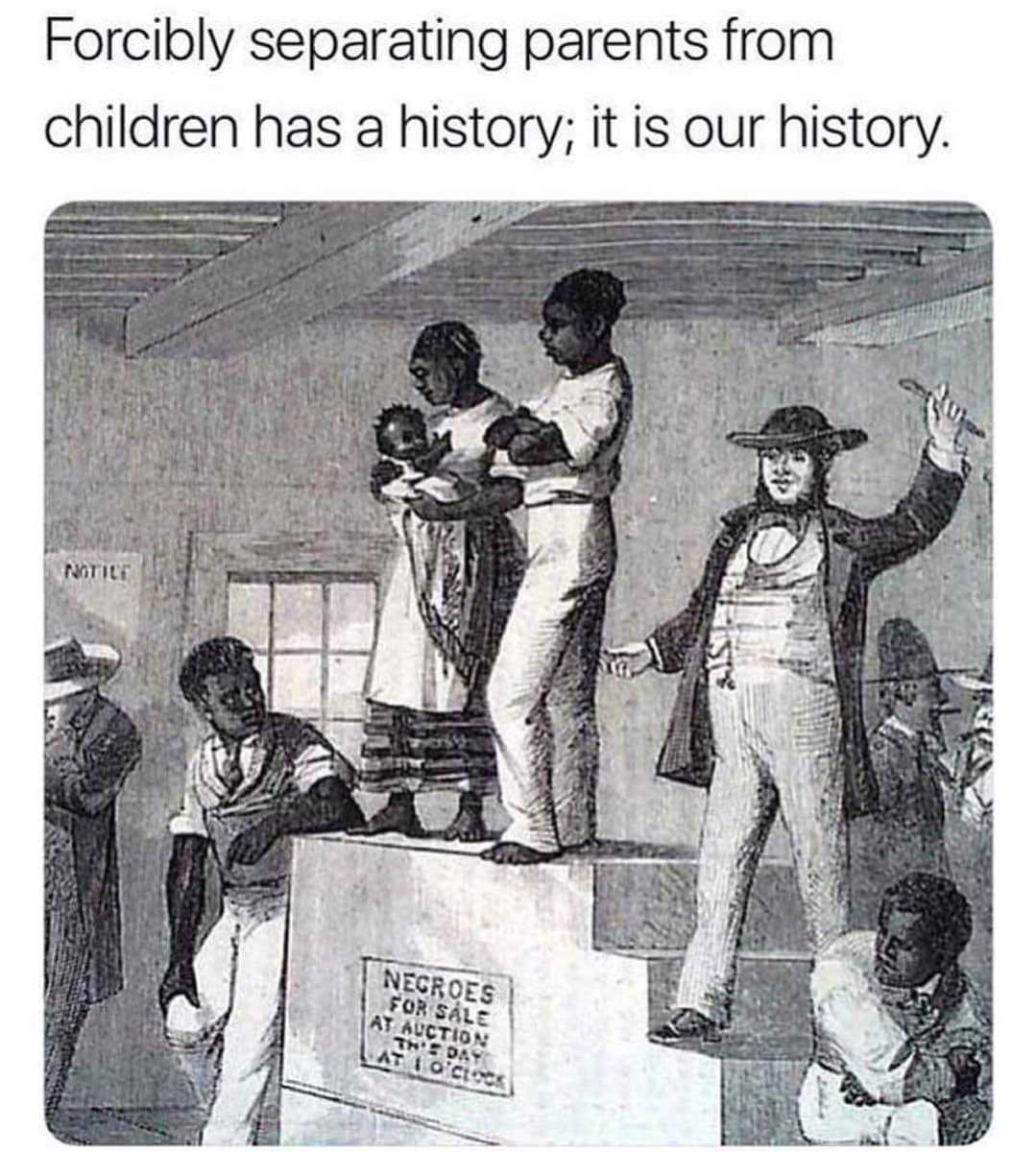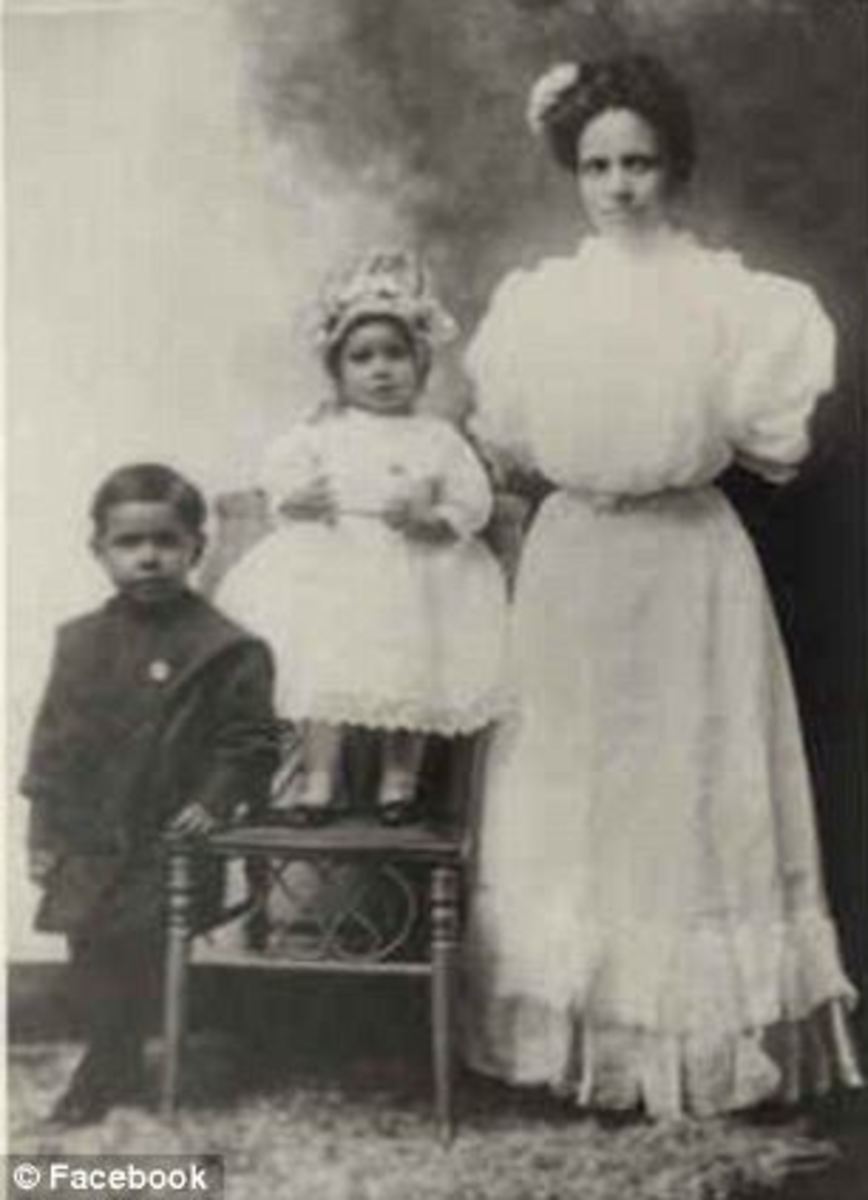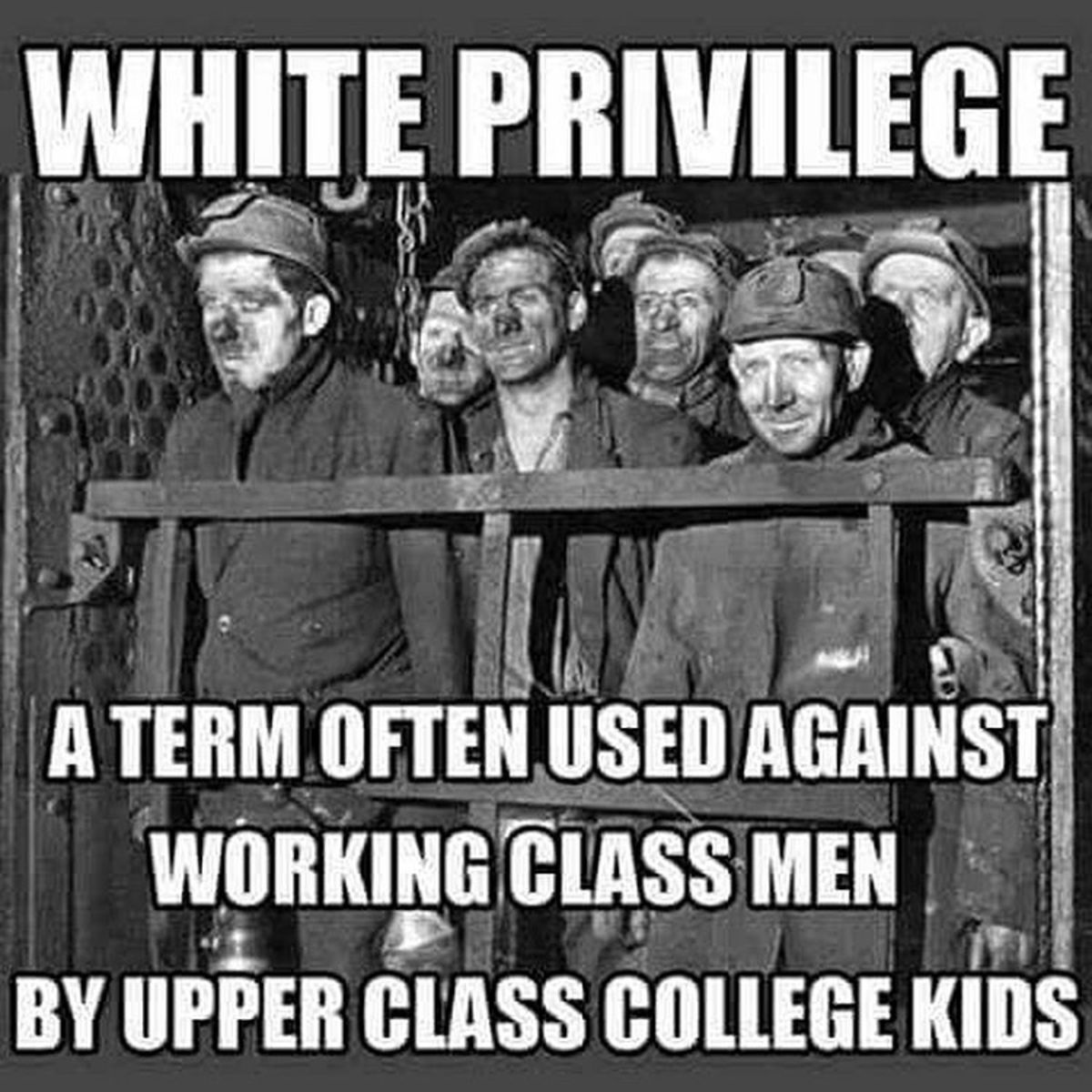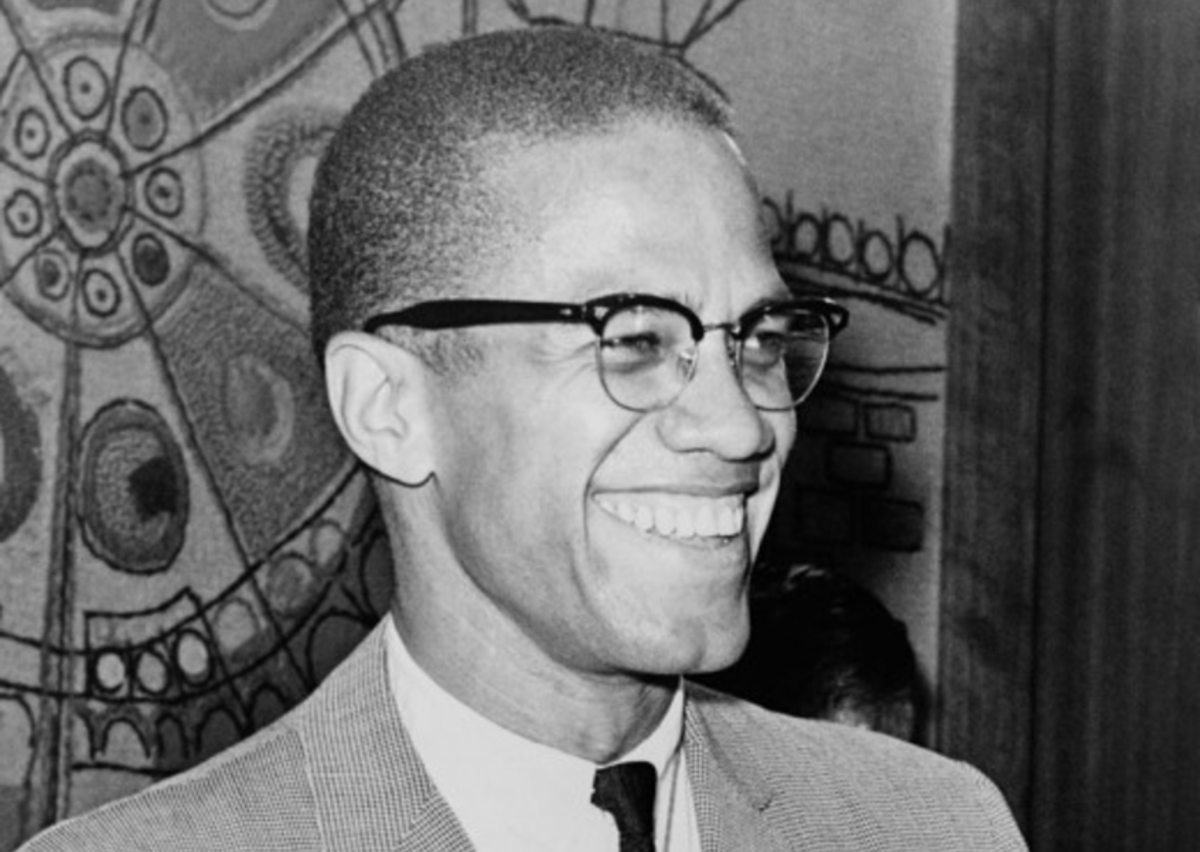Being Black in America: A Beginning Reflection Inspired by Charlie Kirk
A Spark I Always Knew
I miss my mother, Catherine Oliver. She, as my biggest cheerleader, told me that I can do anything I set my mind to do. She was so confident in my ability to succeed that I thought she was crazy, at times.
Mom and Me
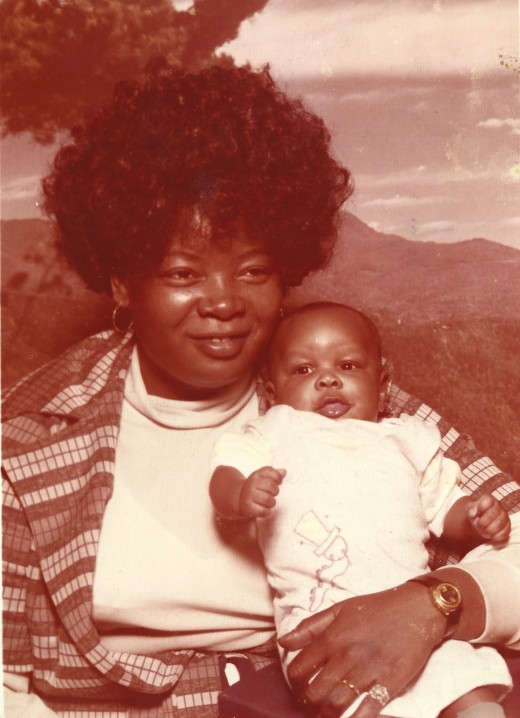
Mom constantly pushed me to do the most in all my efforts, and wagged her head if I failed — telling me, “Now, I know you can do better than that! You my son. I know you can do better than that.”
Now, I know you can do better than that! You my son. I know you can do better than that.
Roots Not Victims
My mother did not teach me to be a victim. We were poor — at times, destitute. She never took welfare assistance from the government. She went to her family for help, always. That was what felt normal to me. Family, extended family was my “welfare” growing up. And my family always provided what we needed no matter how distressful the situation. Believe you me, there were some doozies!
In America, we can all succeed and thrive if we put in the work, are willing to try again when we fall, and avoid pointing the finger of blame at others when we fail—even if others are to blame.
Echoes of Father
Mom and my father, Herman "Jack" Johnson, were not together, but she always spoke glowingly about him. She told me I reminded her of him often. I wondered why they had ever parted, given how nostalgic her eyes glittered when she spoke of him.
My father was not what many would consider a good man. He wasn’t a practicing Christian, but he worked. He was a military veteran, a minor league baseball player, and he loved me. He rarely said it, “I love you,” without some “colorful” language hugging and/or separating the words, but I know he did.
Dad
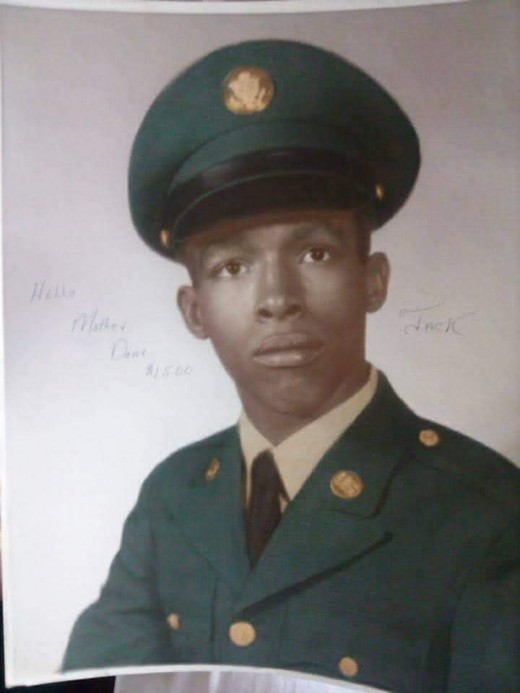
I choose to remember his work ethic and respect for my mother. He insisted that I respect my mother on pain of fisticuffs, not a beating or whoopin’. I believed him. I loved and respected my mother, anyway—without his stern warnings—but I never doubted him.
He was not present in my life until I was 16 years old. When he was in my life, he inspired me to want to be as funny, as generous, as stern, and manly as he was. I saw his flaws, but I focus on the good.
What Others Taught vs. What I Was Taught
This is what I needed, because in the larger culture I was exposed to as a Black kid, I was taught that my skin color was a limiting ceiling to success and opportunity.
No, my parents did not teach me that. Neither my mother nor my father ever taught me that I had to be a proud Black person. They taught me to be a good person who took care of my responsibilities and answered for my foibles.
They taught me to love and trust my family. They taught me: “You ain’t better than nobody, and ain’t nobody better than you.”
Mom and Dad did not teach me that I was less than--or more than--others because of my skin color, or poverty level, or circumstance, what have you. They taught me that I was beautiful for being me, and it showed through my skin, which is the advertisement of me. No. Others outside of my family, Black others, made comments, often when something went wrong at work, at school, or in mixed-race social interactions.
They’d say, “White people.”
That statement was meant to convey a sermon, and as a Black person, I was supposed to just comprehend what the others, Black others, meant by it.
White people.
On rare occasions, I’d get to hear the whole sermon:
This ain’t your country. They brought us over here against our will—stole us from our native lands and language! They don’t want you to succeed because they are afraid of us. They’re afraid we will take over and mix them out of existence as the pure white-and-delightsomes they think they are.
I was supposed to get that I would never get anything from White people to help me. I didn’t know I needed to seek help from them, but I never argued with it. Mom never taught me that growing up.
No. Other people, Black other people, taught me to be a victim.
The Hidden Prejudice & Guarded Lessons
About three years after I joined The Church of Jesus Christ of Latter-day Saints, I found out that my mother did not like White people. She admitted that she was prejudiced against them because of what she went through growing up. She never shared a racist experience with me, never.
I was shocked that she disliked White people because I went to church with some, and many of my friends were also White. Since I never knew, I wondered why she never spoke to me about how it was being Black living in the South. It could only have helped.
Mom confessed, “I meant to do that. You’on’t need to be keepin’ hate ‘bout what happened to me. Thangs different now than they was then. I’on’t want you to thank the way I did.”
Translation: I intended to keep certain things about my past to myself until you were old enough to understand. I did not want to influence your experiences in the world in a negative way. Things are different these days than they were in my days. I wanted you to judge life by your own experiences.
She expressed her carefully hidden prejudice only once after that, when I was working as a missionary, representing the Church. She said, “Them White people ain’t gon send you on no mission.”
Flustered, I kept quiet. She was right, though. “Them White people” did not send me, Jesus Christ sent me using the mouth of “them White people.”
Glass Ceilings, Smoke, and Truth
I mention all this to say that, regardless of what I was taught and modeled by my parents and other adults in my life, the culture of my people, Black people, became tainted at some point—to the point that we don’t even see a glass ceiling!
Of course, we cannot see a glass ceiling but, many of us don’t even get the illusion that we can succeed in America because “the White man is keeping us down.”
Many of us see the ceiling as black—solid, even.
But there is nothing there. It is smoke. It is deception, and I believe the devil is the author of this perception.
The truth is: most Black people are good people who obey the law.
The deception is: most of us are criminals.
The sad reality is that even many Black people fall for the deception.
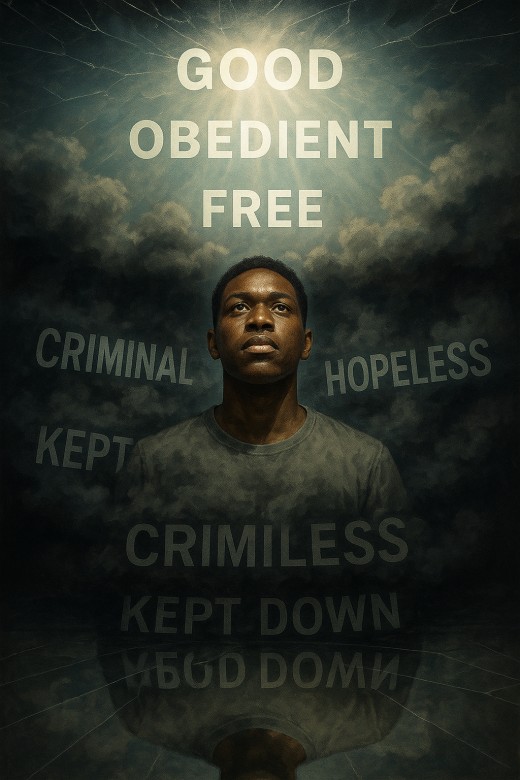
There is no “if someone tries to block you.”
Someone WILL try to block everyone—whether it’s another person or the devil.
Knowing that, we can choose to spend less time in the weeds of victimhood and more time in the freshly manured and plowed fields of growth and possibility.
Legacy, Faith, and Possibility
Another truth is that most Blacks in America are morally conservative in belief, despite the trend away from church attendance that Western society is going through, or the fatherlessness crippling Americans in the Black community. Turning Point USA has called fatherlessness a crisis, one that weighs especially on Black families: nearly 70% of Black children grow up without a father who is married to their mother. That was not always the case. Our families once endured together, even in chains, and that memory still challenges us today.
The truth is that there is no ceiling to our potential in America, as any group of people. We are only limited by our desire to succeed. Even during systematic racism in America, where it was against the law for Black people to do almost everything, some Blacks found financial success. They were the exceptions, as many brilliant and successful people tend to be; however, that does not negate that there were middle-income Black people during this system of oppression.
There were marriages during the Jim Crow Era. There were fathers in Black homes as the norm during the Lynching Seasons in America.
They were horrible times to be a Black person in America, but the Black people of the pre-Civil Rights Era were not suffering from the breakdown of the family. Even when enslaved people were bred to produce more people to enslave, they still rebound the family ties once the enslaved became freemen and freewomen.
The truth is that there is no ceiling to our potential in America—as any group of people.
We are only limited by our desire to succeed. Even during systematic racism in America, where it was against the law for Black people to do almost everything, some Blacks found financial success. They were the exceptions, but there were even middle-income people during this system of oppression.
There were marriages during the Jim Crow Era. There were fathers in Black homes as the norm during the Lynching Seasons in America. They were horrible times to be a Black person in America, but the Black people of the pre-Civil Rights Era were not suffering from the breakdown of the family.
Even when enslaved people were bred to produce more people to enslave, they still rebound the family ties once the enslaved became freemen and freewomen.
Of course, Black people are not the only group aching at the disintegration of the family, but we seem to be affected to a greater measure than other groups in America. There are reasons outside of our control, but most things are and have always been in our control, if we seek it out.
No Ceiling but Our Own: Rise, Work, and Pray
If those Black people could do it then, find success and stay family-focused, with no help from the government or “White people,” as the euphemism goes, how much better should things be now when the only racism against us is implied, at most? We get scholarships and community programs where there are large concentrations of Blacks to help the indigent. We have preferential treatment given to us in a myriad of ways. There is still prejudice out there and racism, socially. It is not on the books anymore. That is progress.
We own businesses. We are educators. We are doctors and engineers. We are lawyers, judges, and politicians. We are 13% of the US population but nearly 20% of the US military.
No one is holding us down other than our own mental processes—that goes for everyone, not just Black people.
In America, we can all succeed and thrive if we put in the work, are willing to try again when we fall, and avoid pointing the finger of blame at others when we fail—even if others are to blame.
Yes, we call out mockery when we see it, racism when we witness it, or evil when it’s revealed, but we do so while we are making our next moves.
We allow ourselves to feel hurt when we get hurt, but we then get up. Sometimes we do it alone, but most times it comes with help.
We work like it depends on us, because often it does. We pray like only God can do it, because always, that’s true.
No one is holding us down other than our own mental processes—that goes for everyone, not just Black people.

America’s future depended on a generation rooted in Christ, unshakable and unwilling to surrender.
— Charlie KirkA Voice Among Kindred Voices
I write this as one who believed these things long before I heard the name Charlie Kirk. But in recent years, when I listened to him speak—about merit, responsibility, rejecting easy victimhood—I heard echoes of what Mom taught me every day.
“We believe that only merit should matter," Charlie expressed to a crowd of students at USC. "… skin color should have no bearing in such admissions.” (LA Times)
Though Charlie spoke to them about college admission and merit-based hiring, it rings true that skin color is not who we are. Mom taught me that. Race plays no part in our intellect, though it does influence my behavior due to the culture in America. Charlie's perspective didn’t change what I believe—it reminded me that what I was taught, and what I’ve lived. I was never alone in holding these truths.
The fruit of hard labor is to succeed.
There is no “if someone tries to block you.”
Someone WILL try to block everyone—whether it’s another person or the devil.
Knowing that, we can choose to spend less time in the weeds of victimhood and more time in the freshly manured and plowed fields of growth and possibility.
This content is accurate and true to the best of the author’s knowledge and is not meant to substitute for formal and individualized advice from a qualified professional.
© 2025 Rodric Anthony Johnson

